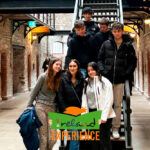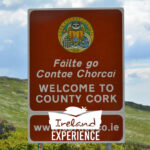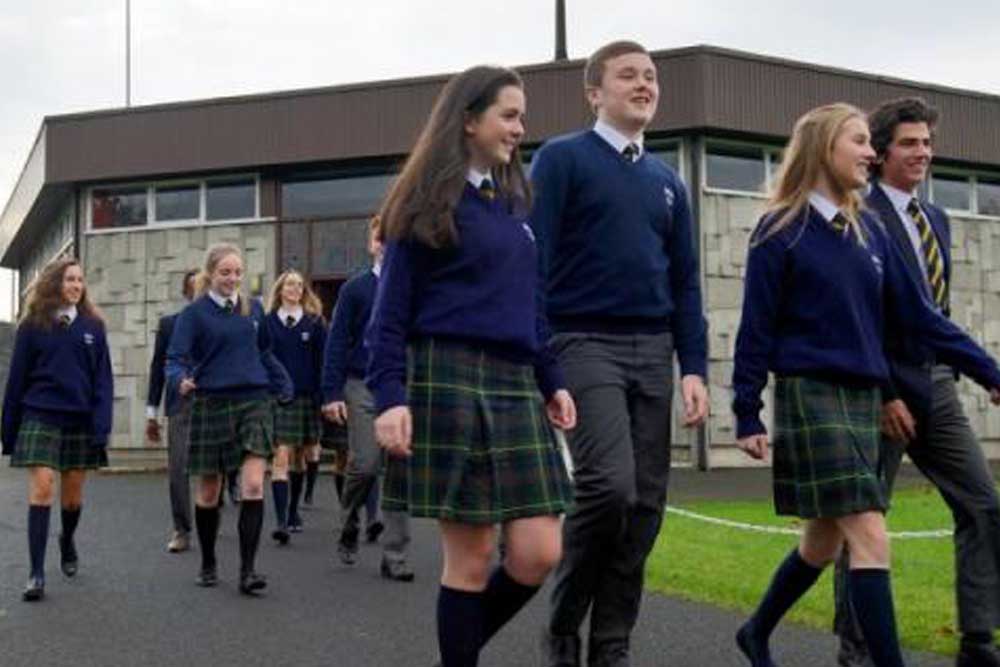This is such a difficult question to answer!
Every parent, including myself, has asked us this question to themselves since ourchildren turned ten or eleven years old.
We, as parents, worry about our children learning English, and the first thing that wethink of is giving them the opportunity to learn through Summer courses. However, ifwe google it, we come across thousands of offers, wanting to recruit our child almost inthe first second that we read the home page of the website.
In my years of experience, I’ve learned that the first step we should take is agreeingwith our child on the type of course to search fr. We need to take into account variousfactors:
Their level of English. This is fundamental, as depending on this, their immersion canbe full or perhaps not, whether or not they can live with an Irish family and attend Irishsummer camps.
Their level of maturity. There are children that can enjoy a good level of English, butneed to be with a group of Spanish students to feel secure and happy.
Whether or not they are introverted or extroverted. If the children are shy or if theyhave a hard time making friends, it might not be a good idea that they are with onlynative speakers because they tend to isolate themselves.
Their ability to adapt to another environment. I would say that it is essential, if youenjoy getting to know new places and people, success is assured. Determine theobjective of the summer course too. However, the most important question to ask is: doI want to learn grammar or have I had enough of it in school and at English academies?
Do I want to practice my favourite sport? I want to make new friends? Spanish or Irishfriends? Do I want to know the Irish culture?
The answers to these questions will give us an idea of what to look for for your child.Most companies, including mine, organise courses where children stay in nativefamilies with classes in the morning, activities in the afternoon and fun day trips onSaturdays. The truth is that they are generally more relaxed courses and thereforerewarding for the student.
However, we cannot forget that age is a determining factor in choosing the type of stay.If the child is between the ages of 10 and 13, full immersion in English is easy and witha high probability of success. If the child is between 14 and 17 years old, a teenager, theoption of combining immersion with classes, activities and trips, is to guaranteeoptimum learning and fun for most of them.
The first Summer my children came to Ireland, it was with other Spaniards, minglingwith students from France and Italy in classes, living with Irish families and enjoyingsports and leisure activities planned for everyone. My children came to Ireland at 11and 12 years old and I remember that they started speaking a lot more English, learninga new phrase of the day everyday, names of Irish foods and even tacos. They alsoadvanced in grammar and had fun practicing their favourite sports, and mostimportantly, they had a great time, wanting to return the following year.
My opinion on this is clear, the most effective is total immersion in a native family,where, if they want, they can attend camps or play sports with native Irish people only,but this type of stay is indicated for a specific age group and profile. The mostimportant thing of all is to find out what type of stay is the best for your child, and tohave the guarantee of a company that offers a personal and personalised stay and takescare of our children while they are there, a company that makes you feel calm knowingthat they are accompanied and cared for in the event of any problem that may arise.
As director of the Ireland-Experience Summer program, I do not only want to convey toyou the security of your children’s personal care and attention during every day of theirstay in Ireland, but also to let you know that we have the best teachers to help them.Classes are fun and enjoyable, and likewise you can enjoy a diverse program ofactivities for your experience in Ireland to be unforgettable.












